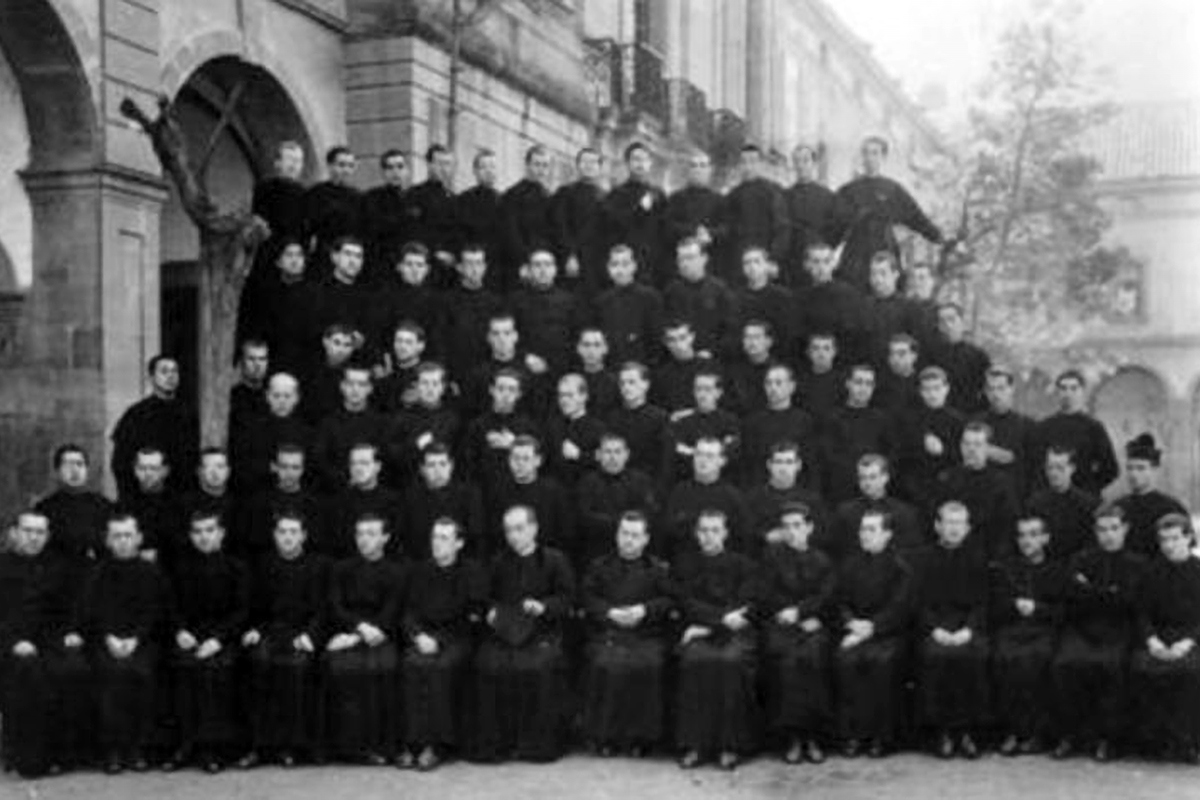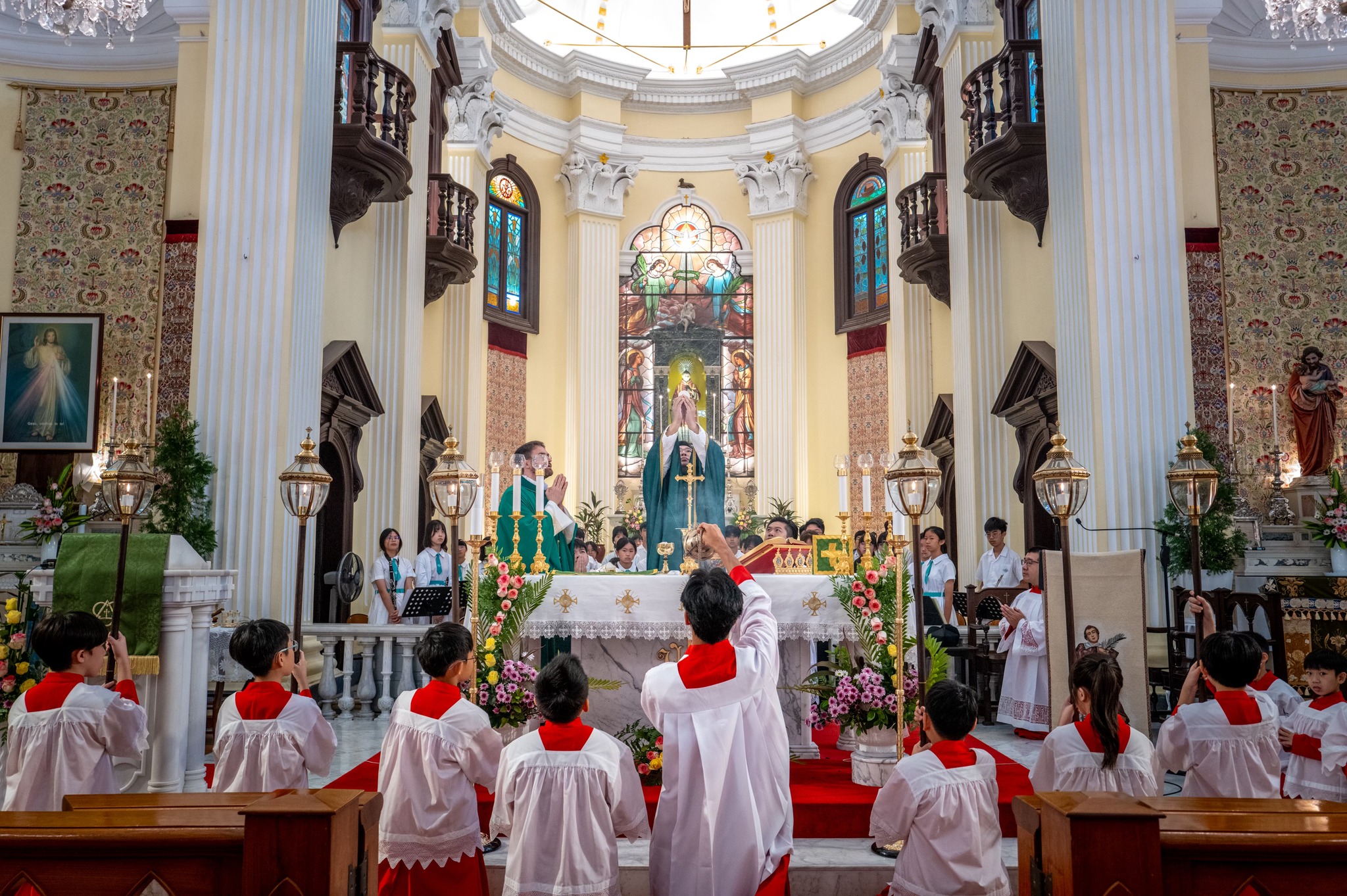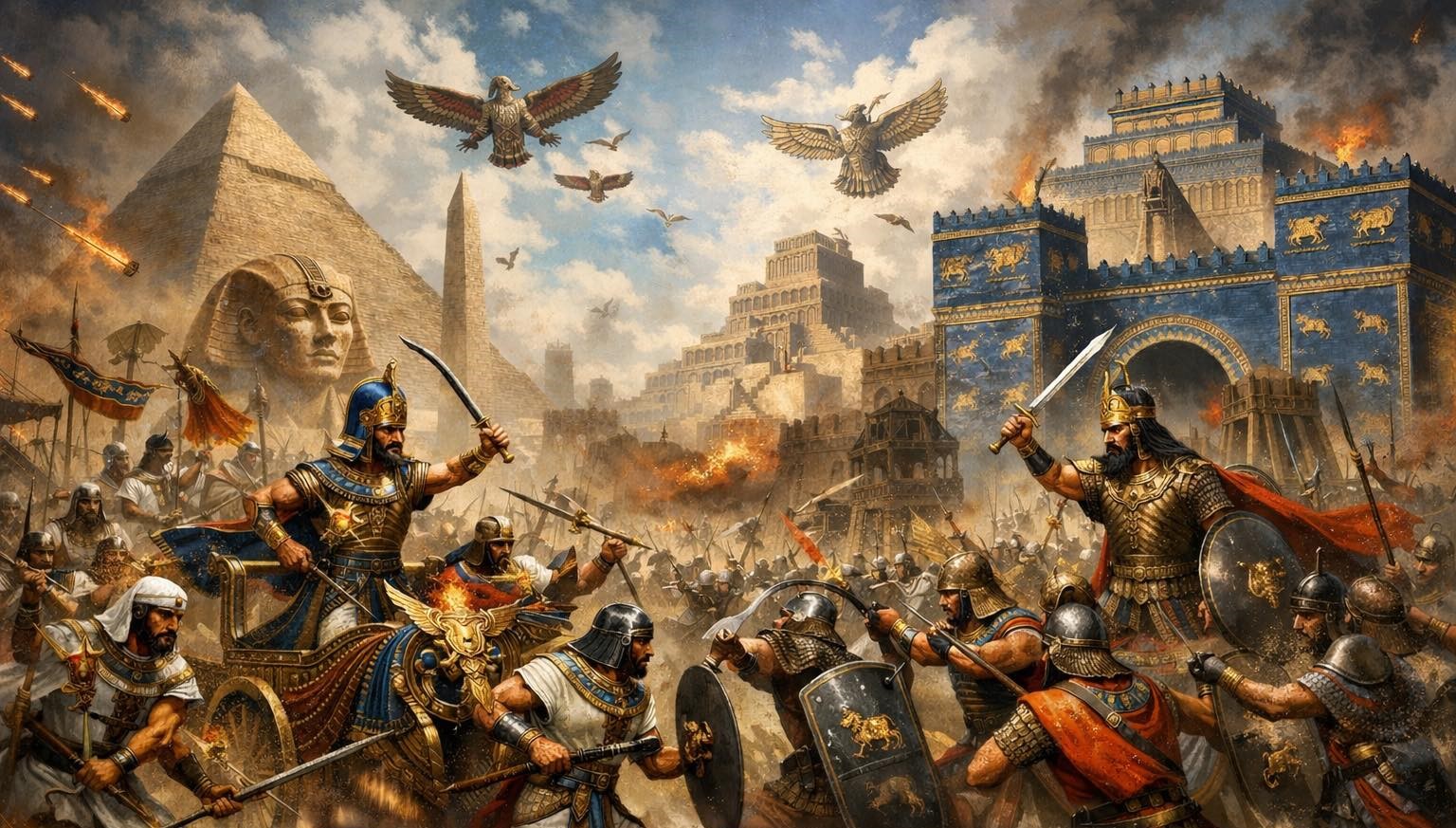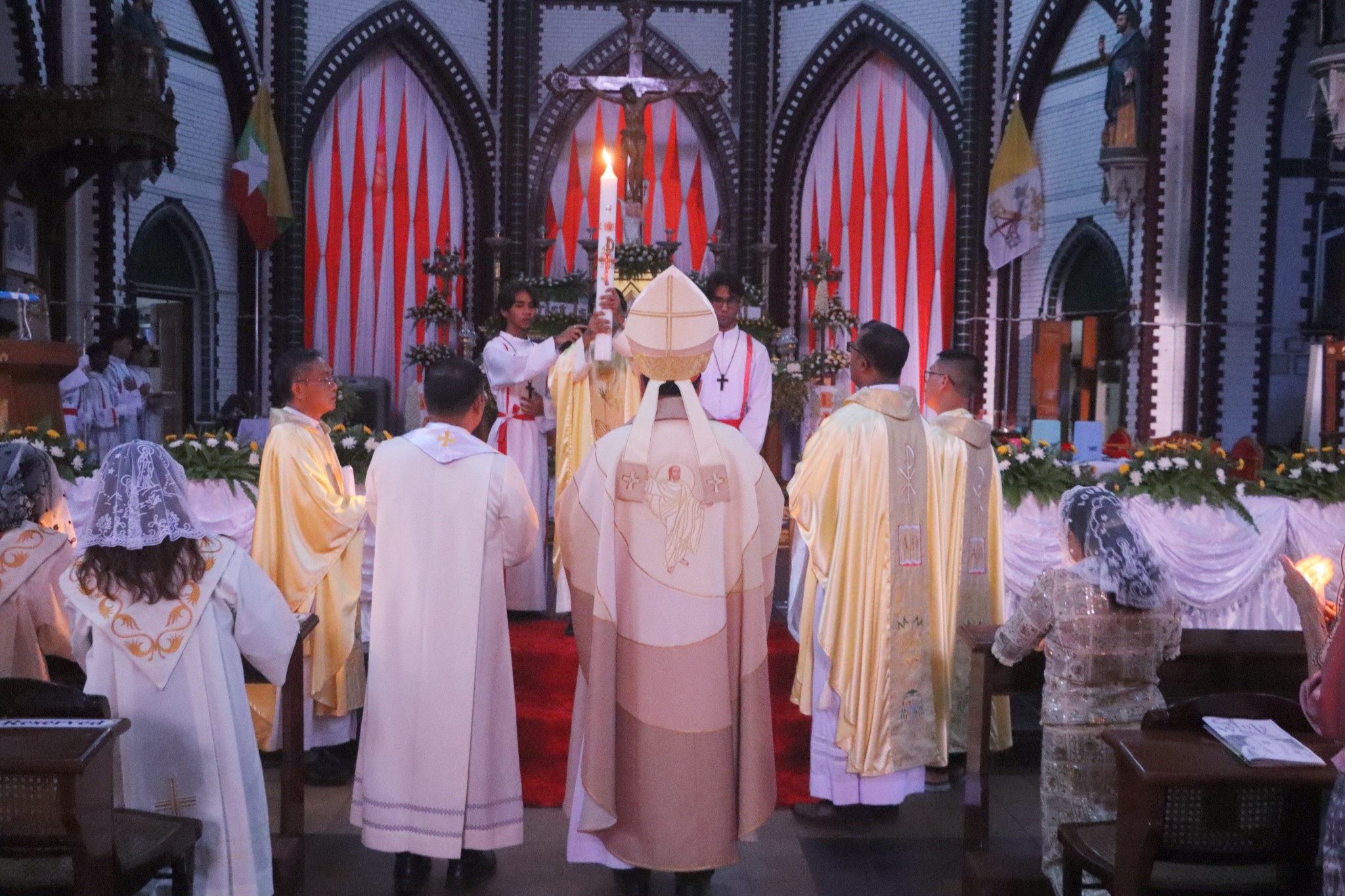José Maria C.S. André
Friday, 22 August: Pope Leo XIV called for a day of prayer and fasting today, for peace and justice in the Holy Land, Ukraine, and other regions. In Portugal, the news spread from person to person or circulated on social media because the mainstream media did not notice it. Conclusion: we must learn to organise ways of communication and freedom that outdo the pedagogical fury of those who want to impose their views on us.
Faced with the invasion of Ukraine or the conquest of Palestinian territories, with the massacre of the population, the international authority has an obligation to impose peace, but such authority is ineffective, paralysed by power games, fears and petty interests. It is up to each individual to spread the word and pray. Instead of revenge: fasting and prayer.
The violence contrasts with the pure hearts, without rancour, of those who defend justice and pray. The holiness of the Church shines particularly bright in this paradoxical struggle, in which the greatness seems naive and human or diabolical evilness seem omnipotent. Every day we celebrate the memory of witnesses of a love that was stronger than hatred. No matter how often we revisit these episodes, their lesson never grows old. For example, 89 years ago, during the Spanish Civil War, about 60 militiamen stormed the Claretian seminary in Barbastro and condemned everyone to death. They began by putting them in prison, offering them freedom if they renounced Christ and the Church. None accepted. After three weeks of treating them with increasing brutality and harassing them with prostitutes, having exhausted all attempts, they decided to shoot them, first the teachers and superiors, to convince the younger ones. On 2 August, they killed all the superiors, together with the bishop of the diocese. But none of the seminarians gave in. They murdered them little by little, on 12, 13, 15 and 18 August, thinking they would break the resistance of those who were left for later.
During their weeks in prison, the seminarians confessed and even received Communion, which the cook brought them every day, hidden in a food basket. They left messages written on wrapping paper, under chairs, on the wood of a platform, and in other places. Many messages were found by the militiamen, who destroyed them, but many others escaped inspection and can be read (they are on display at the Museum of the Martyrs of Barbastro).
For example, on a piece of chocolate wrapping paper: “August 12, 1936, in Barbastro. Six of our companions are already martyrs. We hope to be martyrs too, soon. But first we want you to know that we die forgiving those who take our lives and offering them for the Christian conformation of the working world, the definitive reign of the Catholic Church, for our beloved Congregation and for our beloved families.” A visitor to the museum summed up his impressions as follows: “The general tone of all the
messages was forgiveness of enemies and prayer for them. I was particularly struck by one that said that, in Heaven, he would devote himself to praying especially for those who murdered them and for their families. They all blessed God and entrusted themselves to Him.
Many also offered their lives for the working class, showing a total absence of rancour and political aggressiveness.” Over several days, 51 Claretians died, most of them seminarians between 20 and 25 years old. Two students survived because they were foreign nationals, and seven coadjutor brothers survived due to various confusions. Until the end, the militiamen insisted that they renounce Christ and the Church, but none of them gave in. The people of Barbastro remembered those young men singing on their way to the firing squad, “…por ti, mi Reina, la sangre dar…” (…For you, my Queen, I will give my blood…).
In fact, in this city, about 10% of the population died in this way. Among them were Ceferino Jiménez, the first gypsy to be beatified, many lay people and almost all the priests and religious of the diocese (90% of the clergy). In 1992, John Paul II beatified the 51 Claretian martyrs, whom we remember with immense tenderness, asking them to intercede for our crazy world, while we fast and pray. There are probably journalists who look at all this in astonishment. Some may think: are we missing something?


 Follow
Follow


